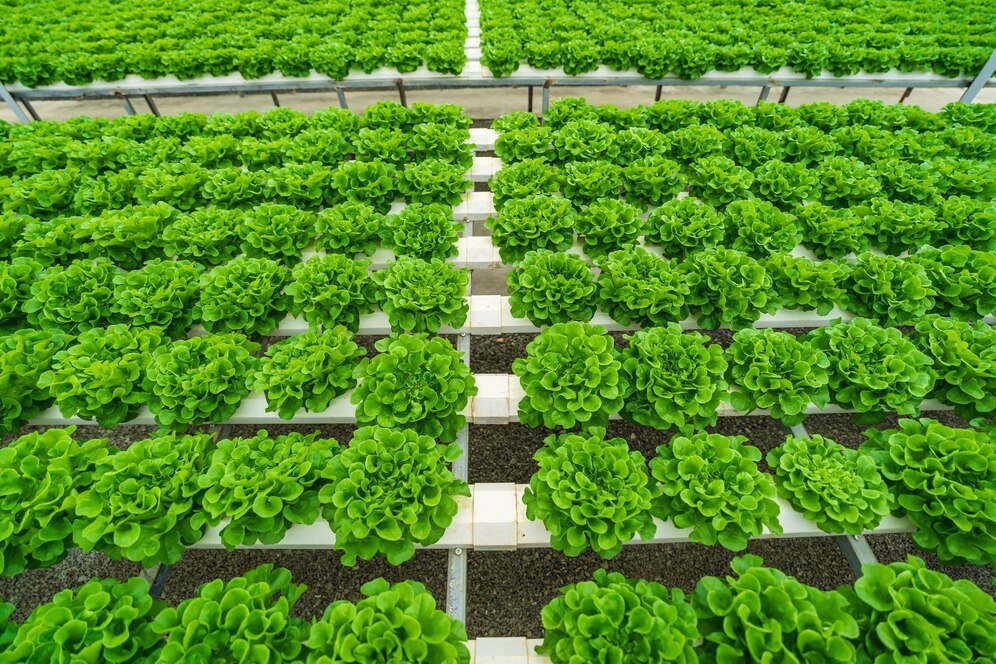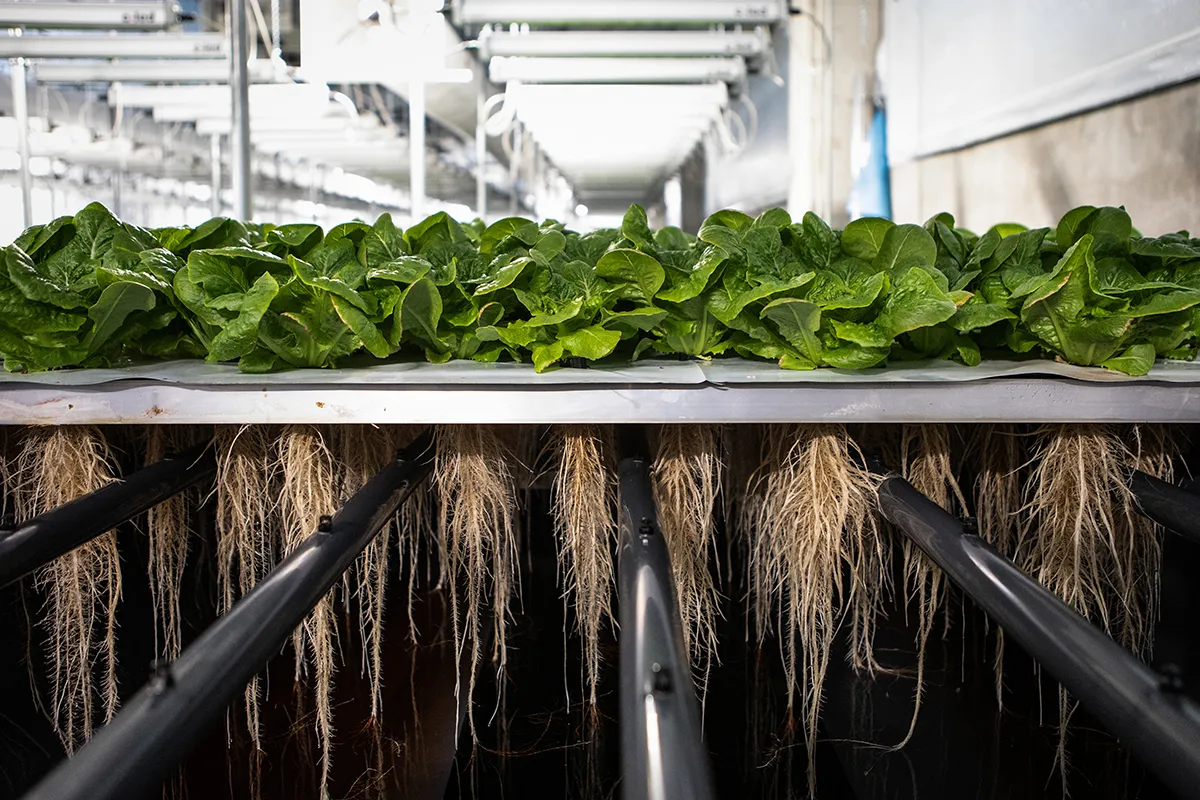Hydroponic Farming
Unlocking Profitable Agriculture: Is Organic Farming Without Soil the Future?

{ In the ever-evolving world of agriculture, every farmer and entrepreneur dreams of one thing: profitable agriculture that’s both budget-friendly and sustainable. With the rise of modern farming technologies, organic farming without soil, also known as soilless farming or hydroponics, is rapidly gaining attention. At farmersrathna, we’re passionate about empowering you to grow smarter, not harder. }
So what makes hydroponics a game-changer in profitable agriculture? Let’s dig into it.

What is Organic Hydroponics?
Hydroponics is a revolutionary way of growing plants without soil, using a nutrient-rich water solution to deliver essential minerals directly to plant roots. When done with natural, certified organic fertilizers and in compliance with the National Organic Program (NOP) guidelines, hydroponics can indeed qualify as organic farming.
This soilless approach offers full control over your crop’s growing environment, making it ideal for farmers who aim to optimize yield and quality while keeping costs manageable in the long run.
Why Should You Consider Soilless Farming for Your Agricultural Venture?
Profitable agriculture today is no longer limited to sprawling fields. Whether you’re in an urban area or a rural landscape, hydroponics allows you to maximize output and minimize space. Here’s why soilless organic farming is worth your attention:
- Nutrient-Rich Water: Plants are fed with a carefully balanced solution that meets all their growth needs, eliminating the guesswork involved in soil preparation.
- No Soil, No Problem: By removing soil from the equation, you reduce the risk of soil-borne diseases and gain more precise control over your crops’ health.
- Controlled Environment: From temperature and humidity to pH levels, you can fine-tune every aspect of plant care for optimal growth.
- Organic Fertilizers: Only certified organic nutrients are used, ensuring chemical-free, healthy produce.
- Vertical Farming Potential: Hydroponics pairs perfectly with vertical farming setups, making it possible to farm profitably in even the smallest of spaces.

Healthy roots, healthier profits! Hydroponics — the smart, soil-free way to boost crop yields and secure sustainable, profitable agriculture.
The Benefits: Profitable and Sustainable Agriculture
Organic hydroponics is more than just a trend. It’s a practical pathway to budget-friendly profitable agriculture for modern growers. Here’s why:
- Increased Efficiency: Hydroponics systems can produce more crops per square foot than traditional soil farming.
- Reduced Water Usage: Using up to 90% less water than soil-based farming, this method is both eco-friendly and cost-effective.
- Year-Round Production: Weather is no longer a limiting factor. Controlled indoor environments allow for continuous planting and harvesting.
- Lower Pest and Disease Risks: Soil-related pests and diseases are virtually eliminated, reducing the need for pesticides and lowering operational costs.
- Sustainable Practices: Reduced water usage, minimized land requirements, and chemical-free cultivation make organic hydroponics an essential tool for sustainable agriculture.
Questions to Consider Before Starting Organic Hydroponics
At farmersrathna, we encourage thoughtful planning before jumping into any farming venture. Here are some key questions to help you assess whether soilless organic farming is right for you:
- What is my budget for the initial setup?
- Hydroponic systems can require a higher upfront investment compared to traditional farming. Have you considered your budget and expected ROI?
- Am I ready for the learning curve?
- Success with hydroponics demands understanding nutrient balance, water chemistry, and system maintenance. Are you prepared to invest time in learning?
- Do I have space constraints?
- Hydroponics can be practiced in compact spaces using vertical farming techniques. Does this fit your current land or urban setup?
- Am I committed to organic practices?
- Using organic-certified fertilizers and maintaining the system without synthetic chemicals is essential for organic certification. Are you ready for this commitment?
- How will I market my produce?
- Organic, hydroponic vegetables command a premium in the market. Do you have access to the right buyers and distribution channels?
The future of profitable agriculture is rooted in innovation and sustainability. Organic farming without soil through hydroponics offers farmers and agripreneurs a path to higher yields, lower resource usage, and consistent quality.
At farmersrathna, we’re here to help you turn your farming dreams into a budget-friendly, profitable reality. Whether you’re just starting or scaling up, reach out to us to explore how soilless organic farming can redefine your agricultural journey.
Conclusion
In an age where efficiency, sustainability, and profitability are the pillars of modern farming, hydroponics stands out as a forward-thinking solution. Embracing organic farming without soil could open doors to year-round harvests, healthier crops, and lower operational costs. Whether you’re an aspiring grower or an experienced farmer, taking the first step toward hydroponics could be your smartest agricultural decision yet.
At farmersrathna, we’re committed to guiding you through every stage of your soilless farming journey. Together, let’s cultivate growth, profits, and a greener tomorrow.
Grow beyond limits. Grow with farmersrathna.





















